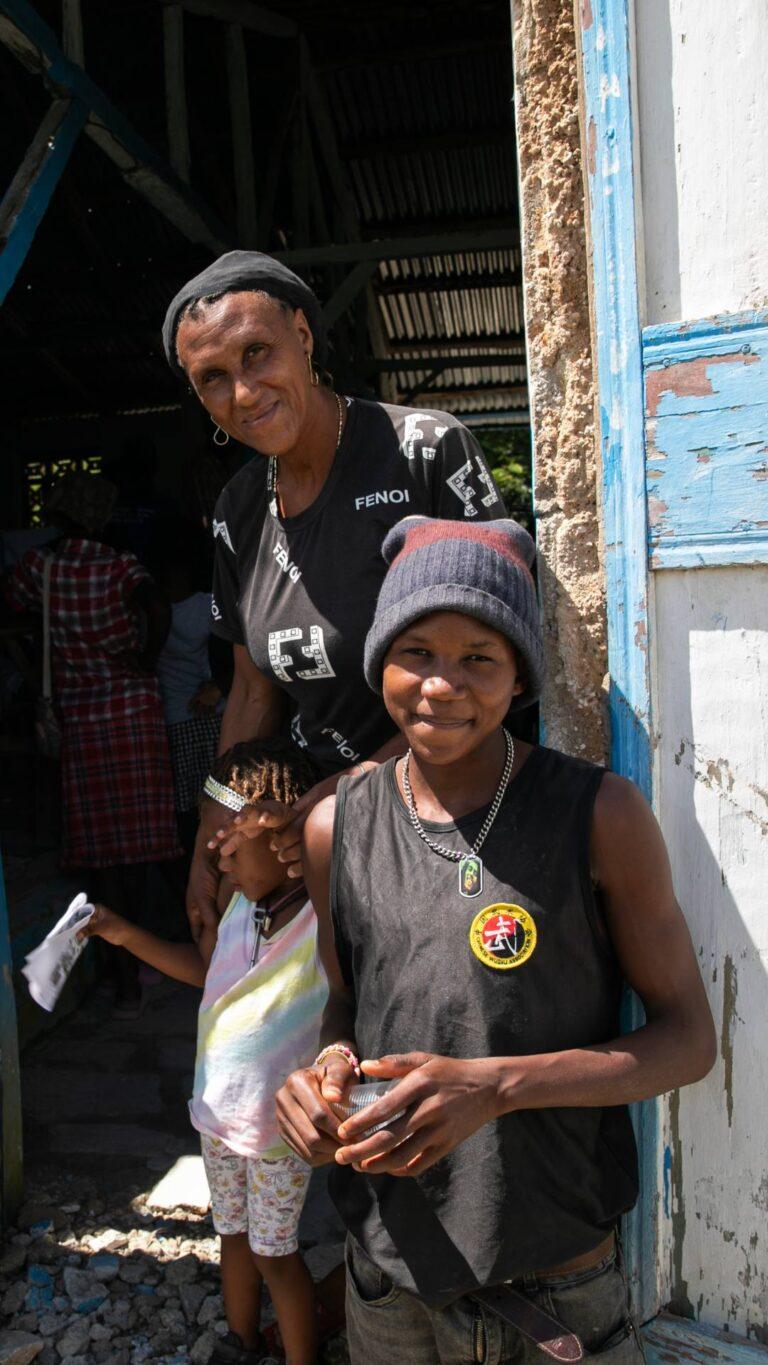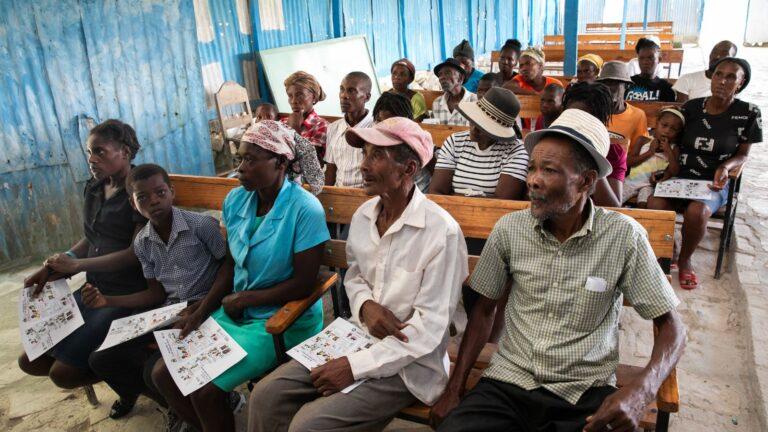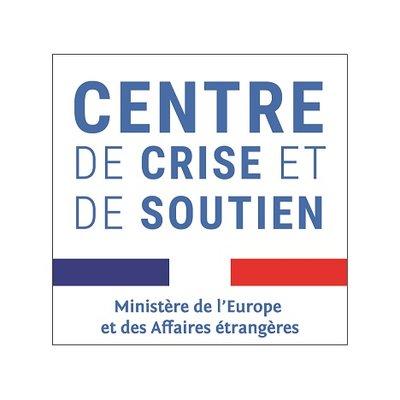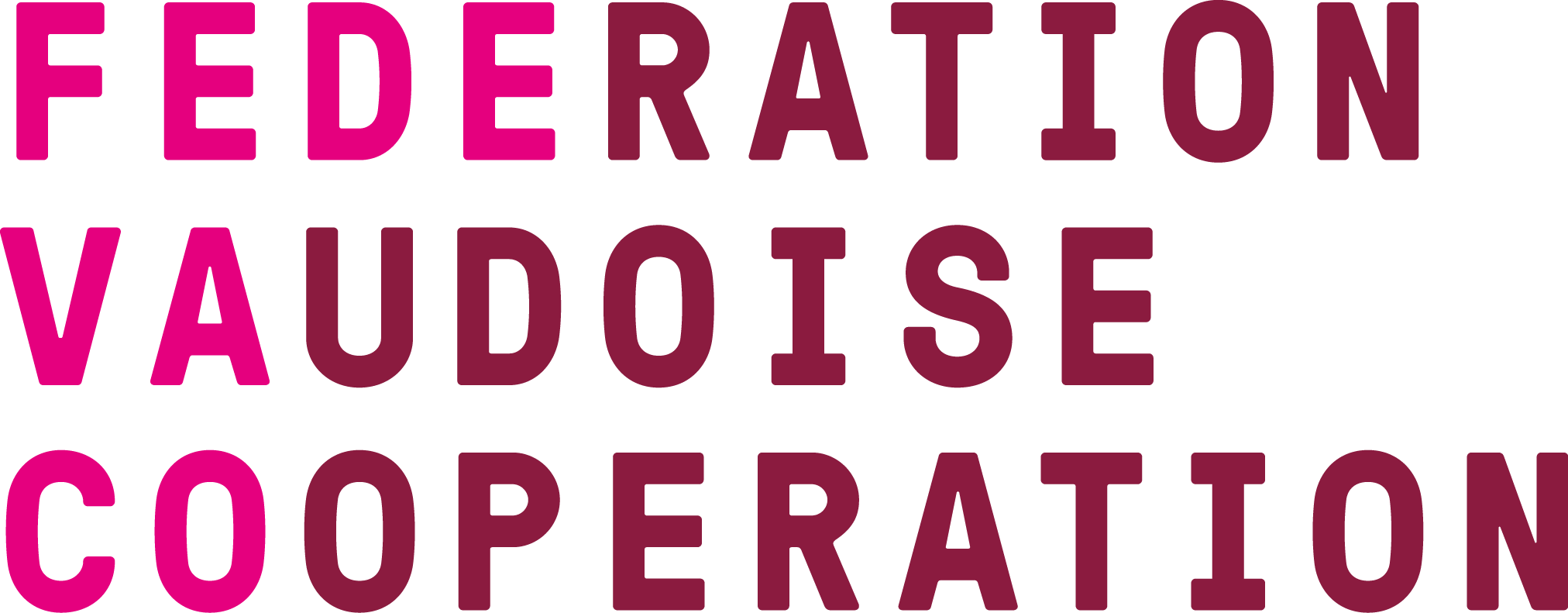Médecins du Monde is committed to protecting and supporting victims of violence through awareness-raising and care programmes. In collaboration with local partners, we set up community monitoring committees, raise awareness of GBV among the population, and strengthen safe spaces where victims of violence can receive medical, psychological and legal assistance.
Médecins du Monde is also working in camps for internally displaced persons, particularly in the Port-au-Prince metropolitan area and the Palmes region.
Medical and psychosocial care for survivors is at the heart of its activities. It also carries out prevention and awareness-raising activities on gender-based violence among community leaders, the health sector, actors in the world of education (schools, teachers, students, parents) and the judicial sector.













